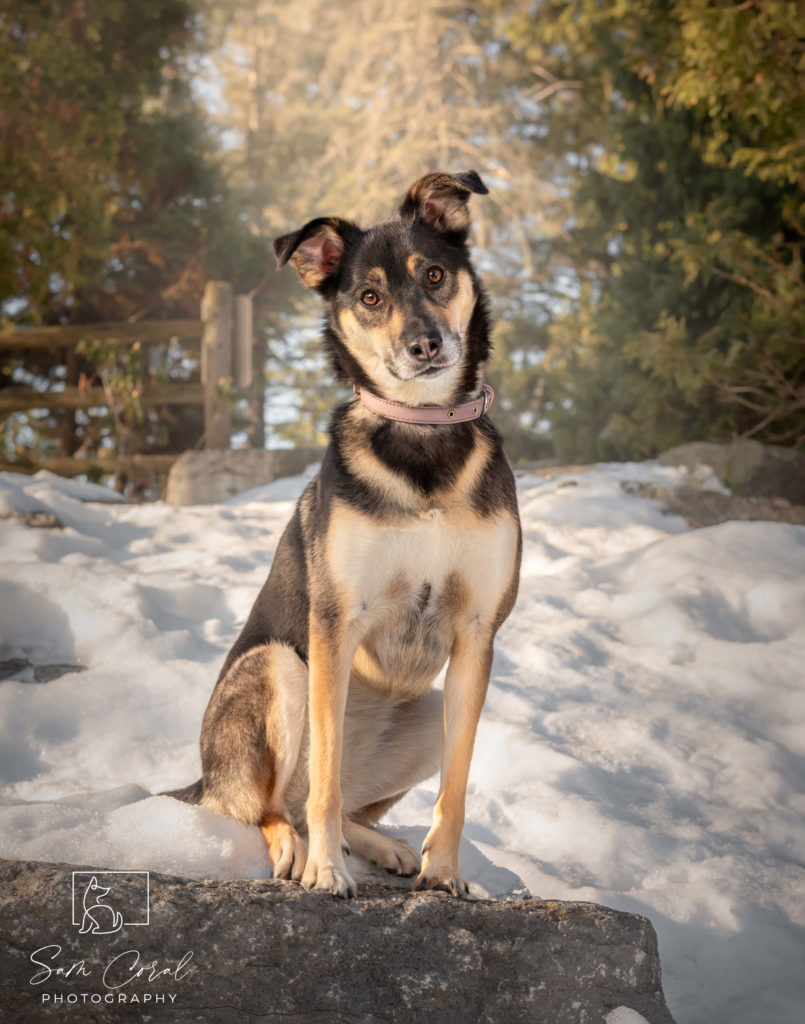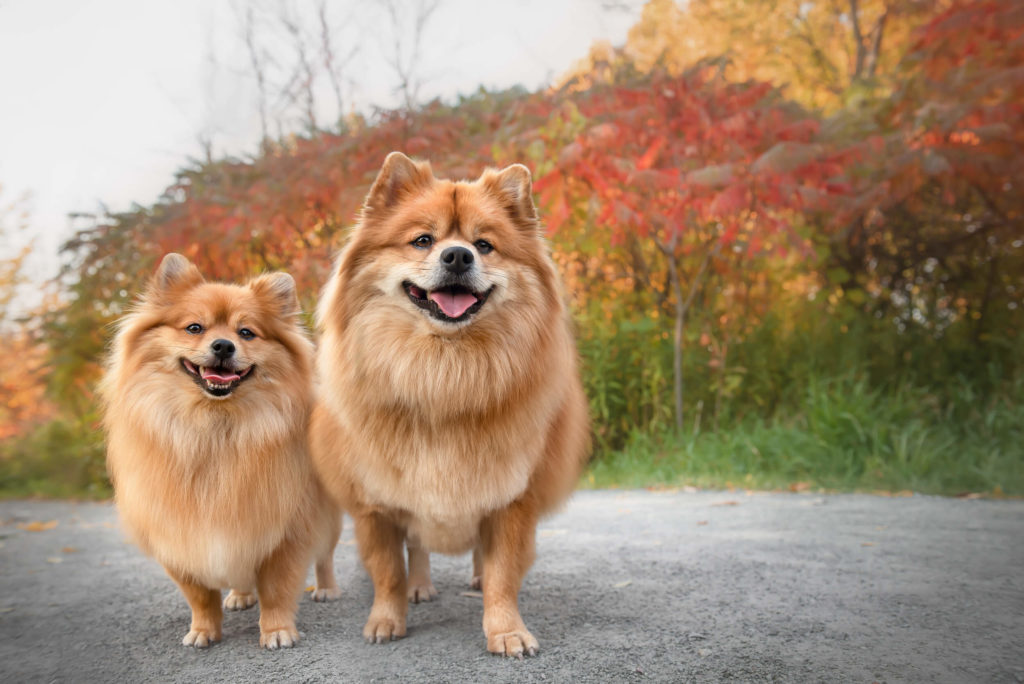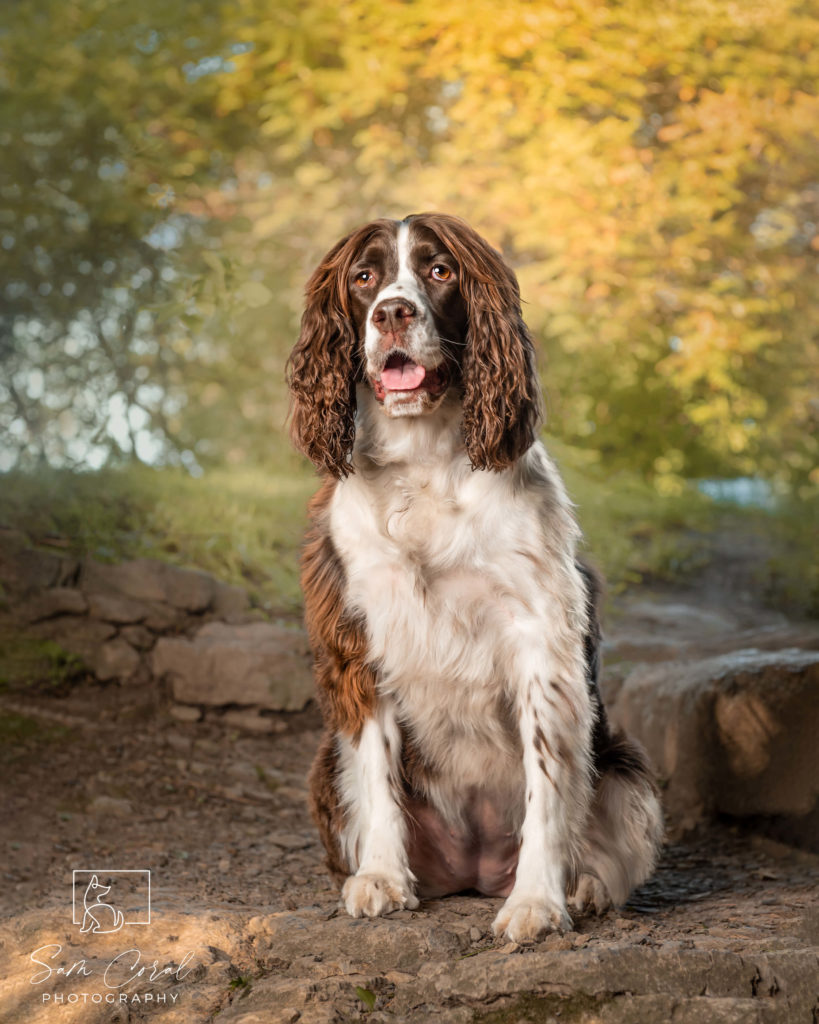

So you’ve decided to adopt a rescue dog (yay!) but now you’re super overwhelmed by the options out there. What type of dog should you choose? Big dog? Little dog? Do you want a puppy or an older dog? The choices can seem endless. Luckily, I’ve narrowed it down to help you make the final decision!
Here are 7 factors to consider when choosing a rescue dog:
Figure out your “why”. Why do you want to adopt a rescue dog? What types of relationship are you hoping to have with your dog? If you’re someone who’s out at work a lot, you shouldn’t be getting a dog with separation anxiety. And if you’re someone who wants a dog that follows you around like a shadow, you shouldn’t adopt a dog that’s independent and aloof.
You want to be aware of how much time you’ll spend away from them so you can pick a dog with similar requirements, whether that’s a more independent dog or a dog that needs constant attention. Finding the dog that is best suited to your personality will create a fun and happy life for both of you. Your perfect dog is out there. Now let's look at how to figure out which one is "the one".
Being compatible with your new dog is essential. You're going to love them and care for them all through the rest of their life! The more compatible you are, the happier you both will be. You need to try to find a dog that complements your Personality, Lifestyle, Expectations and desired Training amount.
One key factor in determining whether you’re compatible is the dog’s activity level. If you’re someone who regularly goes on long walks and hikes, then getting an active dog that needs more exercise is perfect for you. But if you’re more of a homebody? A low-energy pup is what you need. You also need to consider whether the dog will need a large fenced yard. Most rescues require a home with a fenced yard for dogs that need lots of exercise, or dogs that like to roam (for example, huskies and any hound-type breed). If you don't have a large fenced yard, you're best to go with a pup with less wanderlust potential.
Next, figure out how much training you’re willing to do. Training can include housetraining, basic commands and individualized reactivity training. All dogs require some form of training, but some require more than others. And even if a dog doesn't require any training, it's a great way to build a trusting bond with a new dog. Determine how much time and money you're willing to spend on training, then choose a dog that fits within that bracket.
Finally, you want to know how your new dog will interact with the current members of your family. Do you have other dogs or cats? Young children? Some dogs also don’t like men. Let your rescue know who the dog will be living with so they can pair you properly and help make sure that you adopt a dog who will thrive in your household and become a part of the family to everyone. Most rescues will encourage you to bring your family for a visit with the dog before you adopt them to see how it goes.
If you can find a good balance between these factors, then you can have an absolutely amazing relationship!

Easy answer: there is no perfect breed. But there is the right breed for you based on compatibility. Often times rescue dogs won’t even be just one breed. While there are plenty of breed-specific rescues, most adoptable dogs are usually a mixture of a few or a full-on mystery mutt! However, there are certain types of breeds with particular genetic predispositions that can help you determine what “type” of breed you’re after. Dog Rescues are very good at evaluating the dogs in their care to determine what type of home would be the best fit.
For example, herding dogs LOVE to chase things and hunting dogs will follow their eyes, nose and ears to find potential prey. Working dogs are often very alert, eager to please, and intelligent. They're also usually high energy dogs that require a lot of daily physical and mental exercise, and if they're not kept busy at a job they can be destructive and get into trouble.
Are you cool with sweeping up fur or wiping off slobber from everything? This is an easy way to narrow down which breeds would suit you best as some dogs shed more than others and others are more prone to slobbering.
It’s up to you which type of dog you’d like in your lifestyle so do some research ahead of time so you know which dogs to pay more attention to. But again! Dogs are individuals, so work with the rescue to get to know any pups that you’ve got your eye on to see their unique personality.
Some people are naturally drawn to a certain dog size. I myself love dogs of all sizes. I could see myself having an Irish Wolfhound or a Dachshund, but I ended up with corgis because of their spunk. However, I know people some people are really only drawn to either small or large dogs.
Though despite their size, it’s really about personality. Some small dogs have the biggest personalities around, while a big guy can just be a gentle giant.
My advice? Keep in mind which size you’re immediately drawn to, but stay flexible if the right dog doesn't fit that mould. You never know who your perfect fit will be!
I’ve had friends who’ve been SET on a certain gender and didn’t want to compromise on it at all. But then they meet a few dogs and fall in love with a dog of the opposite gender! So stay open. Focus more on their personality and what lifestyle you’d have with them (how much exercise do they need, what are their quirks) and less on what gender they are.
The only time I’d say to stick with the gender you have in mind is if you have another dog at home that will only get along with a dog of the opposite (or same) sex. Then I give you full permission to narrow your search!

Everyone loves a puppy. But puppies require A LOT of work, from chewing everything in sight to potty training and crate training, there’s definitely an initial period of hard work (it’s like having a new baby!). What’s great, is that while dogs tend to age faster in their initial years, they actually slow down in their ageing as they get older. That’s why you’ll often see older dogs who still act like little puppies. So don’t discount the old guy.
Often times he’ll be the most loving, affectionate and cuddly dog around. And with all of the wellness treatments around now, dogs are living longer and healthier lives. You’ll have plenty of years to spend with your new adult pup.
Plus, with an older dog, you know exactly what you're going to get. Their personality is pretty much already developed. With a puppy, they could change quite a lot as they grow up.
This is one of the most important questions you can ask yourself. Are you ready? While having a dog is amazing, there are some things that you need to be prepared for.
First of all, can you afford a dog? Not just the initial costs, but the regular costs as well as any unforeseen veterinary costs. Having a dog can be expensive, so you need to be prepared for this ahead of time.
You have to be prepared to be this dog’s forever home and be committed to dealing with any challenges or problems that come up with the dog (either physically or behaviourally) because we don’t want your new dog going back to the shelter! So be prepared for and aware of what you’re committing to.
If you're not sure if you're ready, being a dog foster parent might be a great opportunity for you to help a rescue dog without the big commitment up front. Rescues are always looking for foster homes to place dogs into for a few weeks while they wait for their forever homes. Contact the rescues directly to see if they're looking for new foster homes, and whether you'd be a good fit.

I know you want to adopt a dog right now as I’m sure you’ve been thinking about it for a while if you’re at the point of choosing your pup. But even with that in mind, here’s my final tip: Don’t rush! You might not find that perfect dog at the first rescue you go to (though you might! It’s been known to happen).
Let the journey take as long as it takes. Spend time with the dog outside the shelter before you adopt so you can see how they react and truly see their energy level. This is where you get to really see their personality!
Afterwards, you’ll have a lifelong friend that complements your personality and lifestyle. I know, you want to just adopt all the dogs (especially the first ones you see), but the best way to rescue a dog is to make sure they’re getting matched to the right family. If you rush, you might not end up with the dog for you, and the pup might not end up with the family for them.
I hope this has helped give you bit more clarity on what to look for when choosing your rescue dog and how to know if a rescue is right for you. If you’re still looking for a rescue dog, check out my first post in this series on the Best Places to Adopt at Rescue in Ottawa.
And when you’ve finally brought your pupper home? Shoot me a message and let’s get some family portraits going to celebrate! I’d love to hear your new dog’s story.
Want to keep up to date about dog stuff in Ottawa? Join my mailing list!